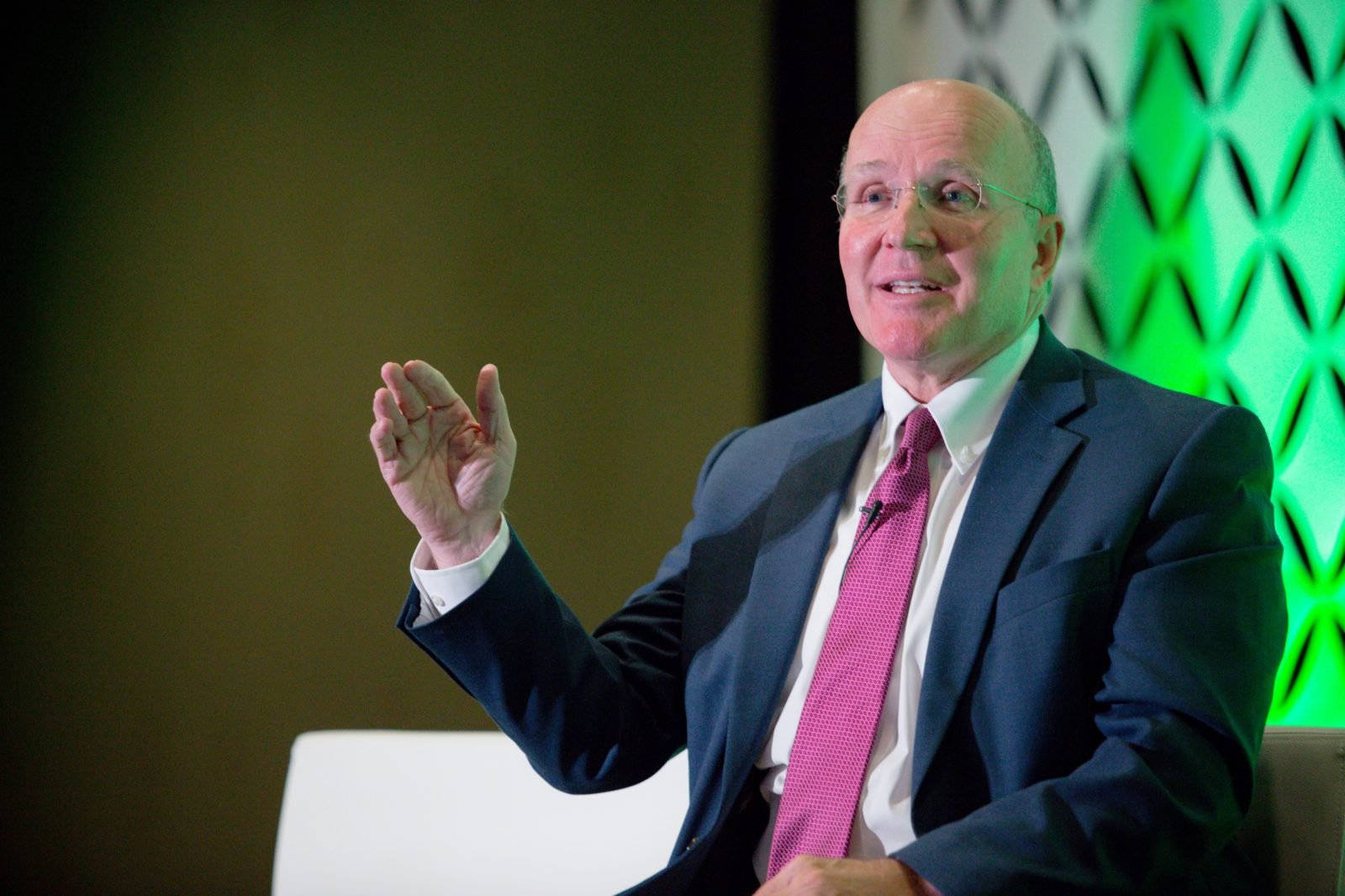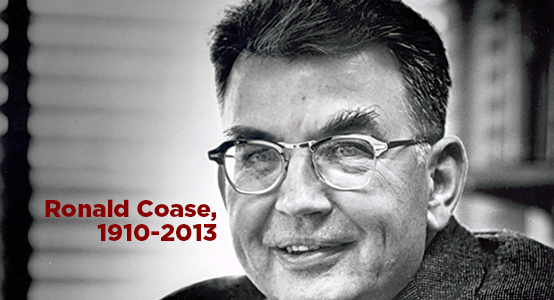Ed's Topics
Groupthink on climate change ignores inconvenient facts. What do the Flat Earther’s call global warming?
Immigration policy is your firewall, an idea from Conversations with Tyler (economist Tyler Cowen) podcast, Episode #39, and his interview with Balaji Srinivasan.
New Studies Find Aliens May Well Exist in a Parallel Universe. What do the Flat Earther’s say?
He Makes a Joke. She Isn't Laughing: 'Lingerie' Comment in Elevator Leads to Uproar Among Scholars
Ron's Topics
“Why Is the EU Celebrating Karl Marx’s Birthday,” Daniel J. Mitchell, FEE, April 30, 2018
One hundred million people died under communism, as documented in The Black Book of Communism.
Jean-Claude Juncker, President of European Commission, will travel to Trier, Germany, to deliver a speech at the opening ceremony of the Karl Marx exhibition in the city.
An EC spokeswoman said: “I think that nobody can deny that Karl Marx is a figure who shaped history in one way or the other.”
So did Hitler.
Marxism and Communism is not treated same way as National Socialism. Six million dead vs. “the mistakes” of Communism or of Stalinism.
“Some assembly needed,” The Economist, April 21, 2018
In 1997, it was about computers playing chess; in 2016 it was playing Go. Now we have robots assembling IKEA furniture. Robots assembled a chair, STEFAN, which contains 19 components, in nine minutes.
Prior to the assembly, the robots spent 11 minutes scanning the environment and planning their movements.
The new idea: Machine learning by watching humans. Does mean that robots will eventually toss the screwdriver against the wall and reach for the Scotch?
Only in California
Elon Musk is not the only American build his own rockets. In the California Mojave desert, “Mad Mike” Hughes, a limousine driver, rode a homemade steam-powered rocket 1,875 feet into the air and descended successfully with a parachute.
The purpose? To see how the Earth looks from above, to disprove the false theory that the world is round [Mad Mike is a member Flat Earth Society]. Members crowdfunded the flight.
He could have done better on a tall building, climbing a mountain, or flying in an airplane, since 1,875 feet is not high enough to measure the curvature of Earth.
If he simply remembered his high-school geometry class, he would have realized…oh, wait, never mind.
Oh, and he’s running for governor of California.
“Jeff Bezos Banned PowerPoint in Meetings. His Replacement Is Brilliant,” April 25, 2018, Carmine Gallo, Inc.com.
Instead of bullet points, executives spend 30 minutes reading a narrative, which they then they all discuss.
Why storytelling is better than Powerpoint:
Our brains are hardwired for narrative (retention better, etc.)
Stories are persuasive—ethos (character and creditability), logos (logic), and ethos (emotion). When the metrics and anecdotes disagree, the anecdotes are usually right
Bullet points are the least effective way of sharing ideas—bullet points don’t inspire, stories do. Inform, illuminate and inspire.
“Catching the bitcoin bug,” The Economist, April 14, 2018
A Barclay’s bank study describes crypto-technology as a “solution still seeking a problem.”
It identified four challenges:
Trust (most trust govt currency)
Sovereignty—tax avoidance, financial control, govt not keen on
Privacy—not as anonymous as cash, purchase history revealed
Ability to undo transactions case of error/fraud
Existing alternatives work well.
Only 8% buy bitcoin for purchases or payments; most is speculation
It’s hard to model bubbles—Crypto through the tulips.
The study makes an ingenious parallel to an infectious disease. A small number of owners get infected, while new buyers are drawn in (catch the bug). A large share of population will never succumb.
The faster the price rise, the more infectious, but then it starts to slow as the price drops, and then the epidemic dies out. This fits the Bitcoin history pretty well, so far.
iTunes Review
My favorite podcast. by SMBcents
I love this show and wait all week for the next episode with well deserved anticipation. Ron and Ed are a perfect fit, their commentator styles definitely compliment each other. Guest speakers are always outstanding! Thank you guys!
Thank you so much, SMBcents.
Listener Questions
From Michelle in Australia. Do you prefer Chief Pricing Officer or Chief Client Value Officer?
Ron votes for Chief Value Officer, since it is outward focused.
From Michael: The biggest issue with ditching timesheets is very peculiar and not something I’ve heard on TSOE before. Partners voiced a concern that without timesheets they won’t be able to track NON-CHARGEABLE hours.
Check out the new book by John Doerr, Measure What Matters, which details the use of OKRs—Objectives and Key Results.




















